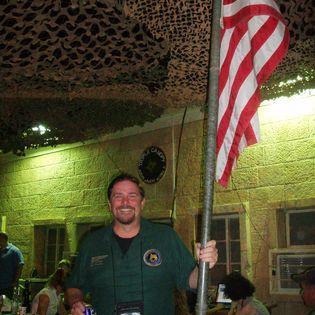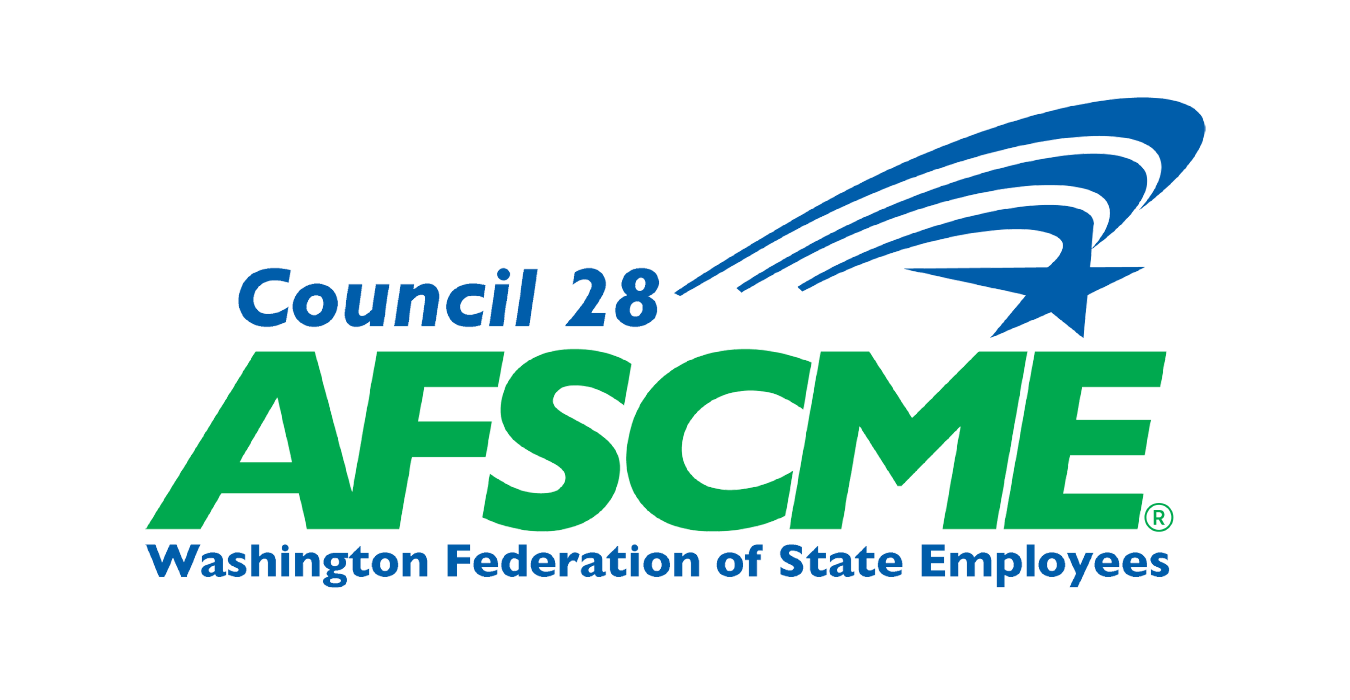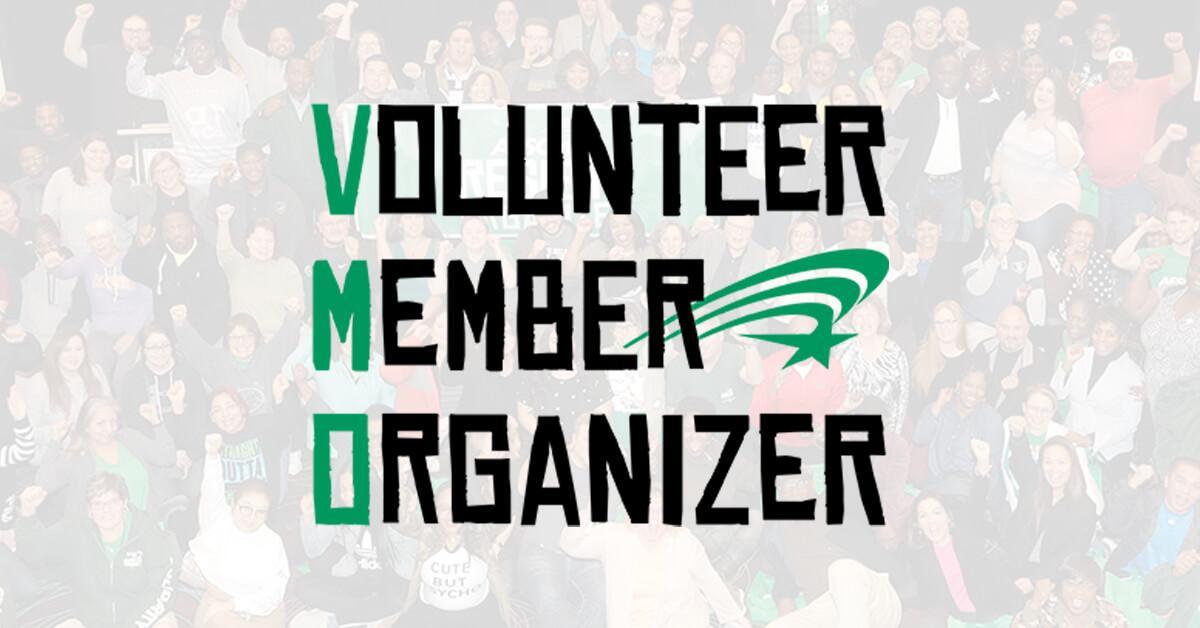Public jobs are political. For Mike Welch, that’s a simple fact.
 Welch has been a WFSE member for ten years. He recently spent ten days as a volunteer member organizer (VMO) with WFSE, visiting fellow public employees to share why he is a member and what our union is all about.
Welch has been a WFSE member for ten years. He recently spent ten days as a volunteer member organizer (VMO) with WFSE, visiting fellow public employees to share why he is a member and what our union is all about.
Welch is unapologetic about the connections between public employment, union membership, and taking political action together.
“We work for the government,” Welch said.
“It has a political aspect to it.”
No other workforce’s wages, benefits, or working conditions are more defined by legislators, governors and the political process.
That’s where our union comes in.
Together, we speak with our elected representatives about the importance of public work. It’s our right to advocate for the funding needed to successfully provide critical public services and to attract and retain quality public employees.
“As a union, we can stand together and make sure that people who want to come after state workers don’t succeed,” Welch said.
It’s a common tactic for special-interest lobbyists to spin union membership and public jobs as partisan—but member lobbyists, union endorsements, and electoral work defy stereotypes and oversimplification.
Defined by the diverse members that compose our union, these are all ways public employees use their voices to advocate for fair pay, working conditions, safety, and more.
WFSE members have come together in multiple political caucuses to promote union values, including the Conservative, Progressive, and Working Families caucuses.
“Unions supports politicians who support us. I don’t care if they’re Republican or Democrat— I’m Republican,” Welch said.
Welch urges fellow public employees to act together to defend essential public jobs from political attack.
“We need to be protected from people who would abuse us because of politics,” he said.
Washington’s public employees play a critical role in every aspect of our state’s communities. Welch is no different.
As a program coordinator with the Department of Labor and Industries (LNI), Welch supports Washingtonians through some of the toughest times of their lives.
“If you’re injured or you have an illness because of your job, we’re the people who support you with your medical treatment. If you lose wages we reimburse you for that, and we pay your bills when you’re off work,” Welch explained.
During the COVID-19 pandemic, more and more people have needed the help Welch and his coworkers provide.
“We’re very, very busy,” he said.
Being union is a family tradition for Welch, whose father was a member of the Communications Workers of America and the International Brotherhood of Electrical Workers, where he served as a shop steward.
That’s something Welch had in common with many of the other public employees he spoke with during his time as a VMO.
Welch connected with other public employees who had community and family experience with unions but hadn’t yet joined themselves.
“I talked to quite a few people who talked about their parents being members,” Welch said.
“For a lot of folks, [unionism] was a family tradition, and they understood the importance of supporting union activity and making sure we have collective bargaining,” Welch said.
Working alongside WFSE organizers, Welch spoke with other public employees about why the protection and solidarity of union membership is still important today—especially for public employees.
“We got new members signed up and went out to their houses and talked to them,” Welch said.
Welch felt the campaign was a success.
“Most people feel like I do,” he said.
“Without being able to speak as one strong union and one strong voice, we wouldn’t have anything. We wouldn’t have any voice at all.”
Are you interested in working as a Volunteer Member Organizer? Your story and voice can help others and make our entire union stronger. Apply today for this paid training and organizing opportunity.

